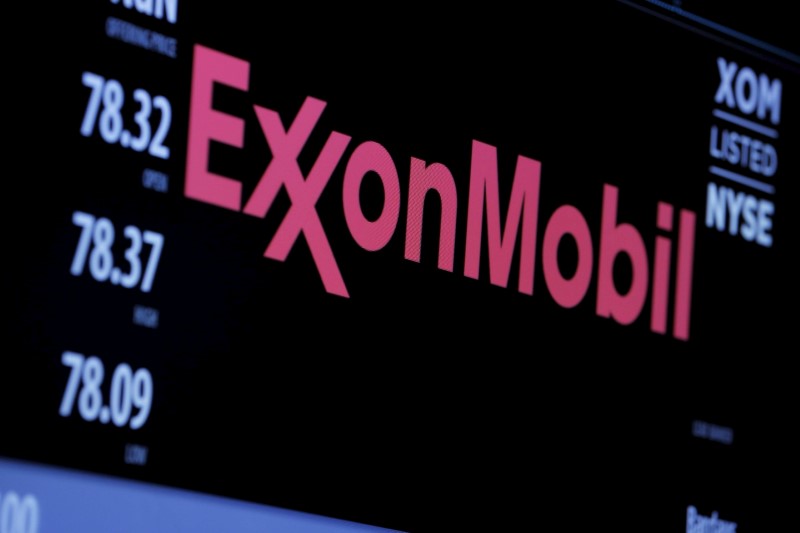By Lisa Lambert and Timothy Gardner
WASHINGTON (Reuters) - U.S. Republicans on Friday repealed a securities disclosure rule aimed at curbing corruption at energy and mining companies and voted to ax emissions limits on drilling operations, part of a push to remove Obama-era regulations on extractive industries.
In a 52-47 vote, the Republican-controlled Senate approved a resolution to eradicate a rule requiring companies such as Exxon Mobil (NYSE:XOM) and Chevron Corp (NYSE:CVX) to publicly state taxes and other fees paid to foreign governments like Russia.
The House of Representatives already passed the measure. President Donald Trump is expected to sign it within days. On Thursday, the Senate repealed a rule that would have limited coal companies from dumping waste into streams.
After a number of legal battles, the U.S. Securities and Exchange Commission in June 2016 completed the regulation, which supporters said could help expose questionable financial ties U.S. companies may have with foreign governments.
Senate Democrats raised concerns that Exxon's chief executive during those legal fights was Rex Tillerson, who was recently confirmed as U.S. secretary of state and has worked extensively in Russia.
"It should be lost on no one that in less than 48 hours, the Republican-controlled Senate has confirmed the former head of ExxonMobil to serve as our secretary of state, and repealed a key anti-corruption rule that Exxon Mobil and the American Petroleum Institute have erroneously fought for years," Senator Ben Cardin of Maryland said, referring to the oil industry's trade group.
Exxon and other major energy corporations fought for years to block the rule, required by the 2010 Dodd-Frank Wall Street reform law.
Cardin, the senior Democrat on the foreign relations committee, wrote the Dodd-Frank section on the payments to foreign governments with Richard Lugar, a former Republican senator.
Critics of the rule said it duplicated existing regulations, was too costly and burdensome for companies to implement and that it put U.S. companies at a competitive disadvantage with state-owned companies in other countries that do not have to divulge such information.
The change could give American companies an edge over Canadian and European companies that face some of the toughest transparency rules in the world.
RARELY USED LAW PREVENTS OPPOSITION
Republicans have taken advantage of a seldom-used law known as the Congressional Review Act to overturn recently enacted rules with simple majorities in both chambers, denying senators the opportunity to filibuster and stall a vote.
Democrats said Republicans were using the review act to help companies not the public.
"When it comes to giving public resources to private interests and gutting our nation's health, environmental and financial standards, the Republicans can’t seem to act fast enough," said Representative Raul Grijalva. "Whoever they’re doing this for, it isn't the American public."
The Congressional Review Act also bars agencies from revisiting overturned rules, which could pose a legal conundrum for the SEC, which is required by law to enact a payments regulation.
The Senate will next consider repealing a rule limiting venting and leaking of the powerful greenhouse gas methane by oil and gas drillers on federal and tribal lands, mostly in the U.S. West. The repeal was passed by the Republican-controlled House on Friday.

The Interior Department finalized the methane rule in November. The oil industry has argued that it would add to costs for new and existing wells. Environmentalists have said the rule would protect human health and return more than $800 million in royalties to taxpayers over 10 years.